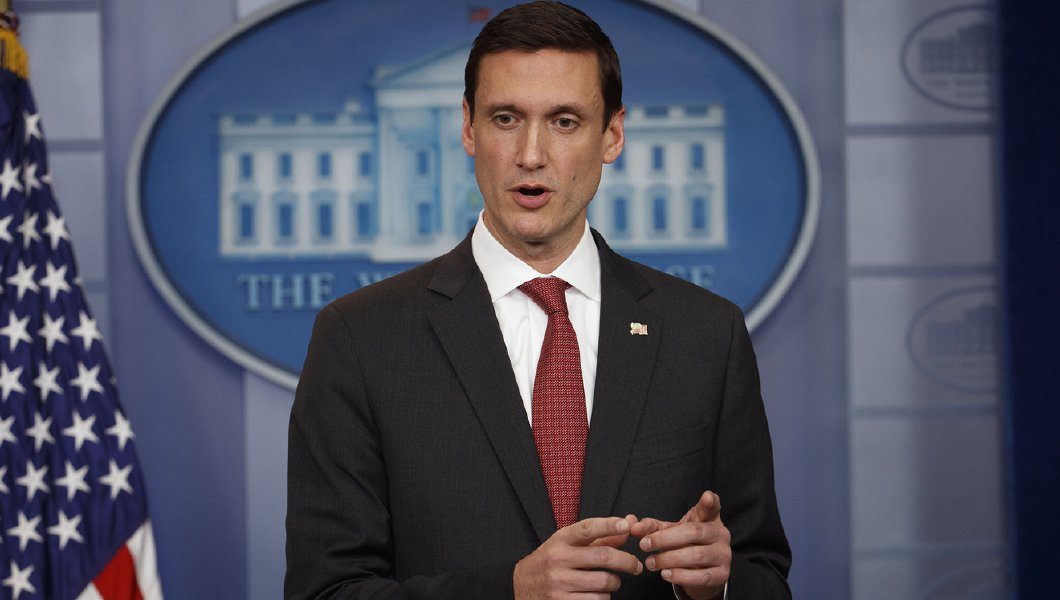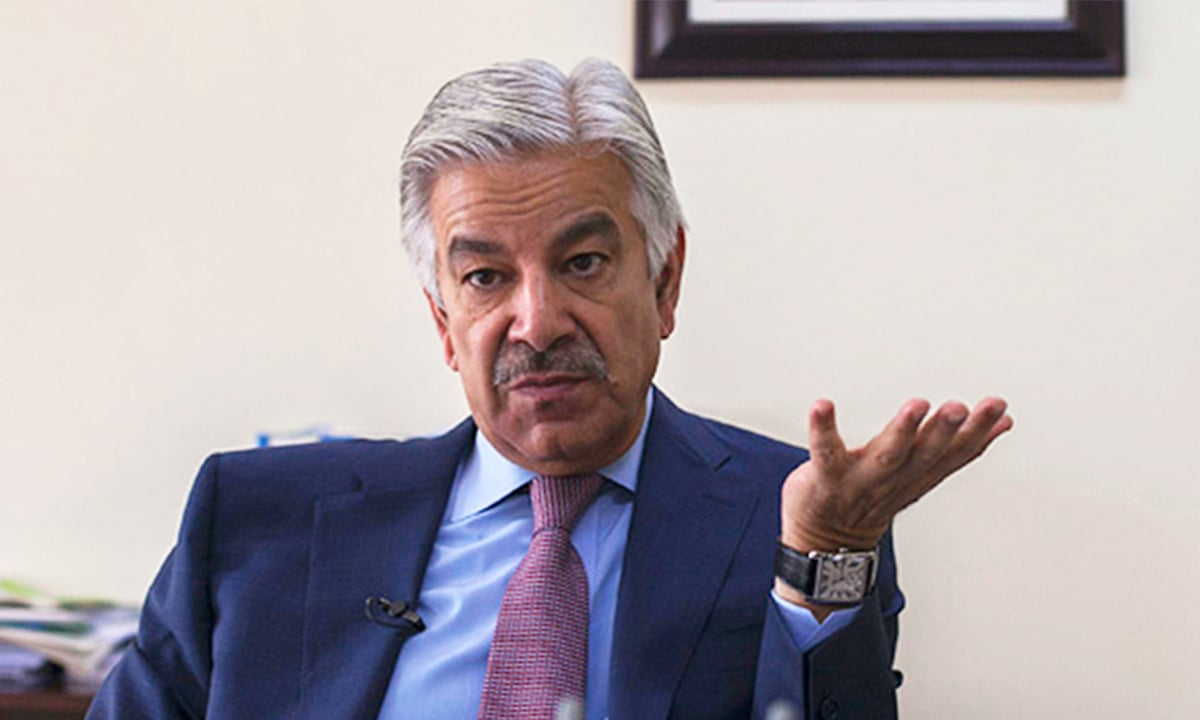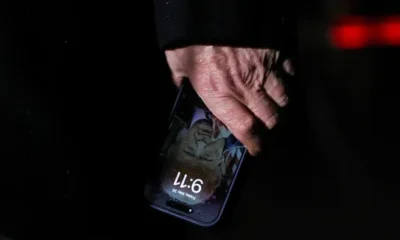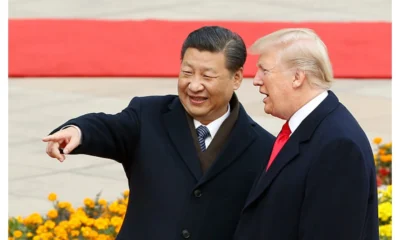[vc_row][vc_column][vc_column_text]In another twist against North Korea, US administration has now blamed Pyongyang for WannaCry malware attack that infected hundreds of thousands of computers worldwide in May this year and crippled some of the Britain’s National Health Services.
Tom Bossert, the homeland security adviser to Trump administration has, on Monday, written an op-ed in Wall Street Journal saying that North Korea was “directly responsible” for the WannaCry ransom ware attack and that North Korea will be held accountable for it.
He claimed that findings were based on evidence and confirmed by other governments including Britain and private companies including Microsoft.
“North Korea has acted especially badly, largely unchecked, for more than a decade, and its malicious behaviour is growing more egregious. WannaCry was indiscriminately reckless,” Bossart said.
“After careful investigation, the US today publicly attributes the massive ‘WannaCry’ cyberattack to North Korea. The attack was widespread and cost billions, and North Korea is directly responsible,” he said.
He expressed that Trump administration will continue using “maximum pressure strategy to curb Pyongyang’s ability to mount attacks, cyber or otherwise.”
In the rare attack the WannaCry strucked computers in more than 150 countries, locking up digital documents, databases and other files and demanded a ransom for their release.
Britain’s National Health Service was one of the worst affected institutions where the malware froze computers, closing emergency rooms and bringing medical treatment to a halt. A number of universities and government offices in Russia, Spain, and several other countries were disrupted.
The WannaCry ransom ware affected mostly older versions of Microsoft’s Windows operating system. The affected computers were not protected by security fixes capable of blocking the attack. Security experts had traced the malware attack to the U.S. National Security Agency. It was considered to be part of a cache of stolen NSA cyberweapons publicly released by a group of hackers known as the Shadow Brokers.
Meanwhile Microsoft president Brad Smith has suspected that the theft to “the U.S. military having some of its Tomahawk missiles stolen,” and argued that intelligence agencies should disclose such vulnerabilities rather than hoarding them.
The damage to the computers worldwide was curtailed by Marcus Hutchins, a British hacker, who discovered that WannaCry’s author had embedded a “kill switch” in the code. He was able to defunct the switch. However Hutchins was arrested by FBI during a visit to the U.S. where he awaiting trial on charges he created unrelated forms of malware.
The United States and South Korea have accused North Korea of launching a series of cyberattacks in recent years, though the North has dismissed the accusations..
Last year Seoul had accused North Korea of hacking the personal data of more than 10 million users of an online shopping site.
In 2014 US had accused North Korea of hacking Sony Pictures Entertainment over the movie “The Interview,” a satirical film about a plot to assassinate North Korea’s leader Kim JOng Un.[/vc_column_text][/vc_column][/vc_row]
























